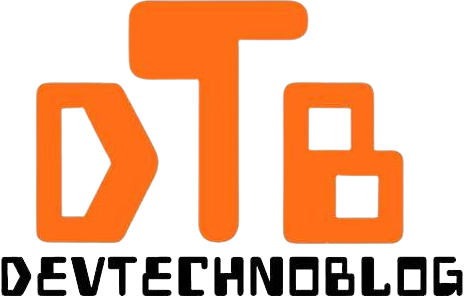Blockchain technology has revolutionized many industries by providing a secure and transparent way to record transactions. One of the sectors that could greatly benefit from the adoption of blockchain technology is the investment industry. In this article, we will explore the various benefits of blockchain in enhancing investment trust.
1. Transparency and trust
One of the key benefits of blockchain technology in the investment industry is the increased transparency and trust it provides. By recording all transactions on a decentralized and immutable ledger, blockchain eliminates the need for intermediaries and ensures that all parties have access to the same information. This transparency helps to build trust between investors and investment firms, as they can be confident that the information they are receiving is accurate and up to date.
2. Security
Security is another major advantage of using blockchain technology in investments. The decentralized nature of the blockchain makes it virtually impossible for hackers to tamper with or manipulate the data stored on the ledger. Additionally, the use of cryptographic algorithms ensures that all transactions are secure and cannot be forged. This level of security gives investors peace of mind that their investments are safe from cyber threats.
3. Improved efficiency
Another benefit of blockchain technology in the investment industry is the improved efficiency it provides. By automating processes such as trade settlement and clearing, blockchain reduces the time and costs associated with traditional investment methods. This increased efficiency allows investment firms to operate more smoothly and provide better service to their clients.
4. Cost savings
In addition to improved efficiency, blockchain technology also offers cost savings for investment firms. By eliminating the need for intermediaries and streamlining processes, blockchain reduces the overhead costs associated with traditional investment methods. This cost savings can be passed on to investors in the form of lower fees and higher returns, making investments more attractive and accessible to a wider range of individuals.
5. Greater liquidity
Blockchain technology also has the potential to increase liquidity in the investment industry. By tokenizing assets and creating digital securities, blockchain allows investors to buy and sell assets more easily and quickly. This increased liquidity means that assets are more readily available for trading, which can help to reduce price volatility and improve market efficiency.
6. Enhanced regulatory compliance
Regulatory compliance is a major concern for investment firms, as failing to comply with regulations can result in severe penalties. Blockchain technology can help to enhance regulatory compliance by providing a transparent and immutable record of all transactions. This record can be easily audited by regulatory authorities, ensuring that investment firms are adhering to all relevant laws and regulations.
7. Decentralization
Finally, blockchain technology promotes decentralization in the investment industry. By removing the need for centralized intermediaries, blockchain allows investors to have more control over their investments and reduces the risk Stock Wave AI of manipulation by a single entity. This decentralization empowers investors to make more informed decisions and fosters a more democratic and inclusive investment environment.
In conclusion, blockchain technology offers numerous benefits for the investment industry, including increased transparency, security, efficiency, cost savings, liquidity, regulatory compliance, and decentralization. By leveraging the power of blockchain, investment firms can enhance trust with their clients, improve their operations, and provide better opportunities for investors. As the technology continues to evolve, its impact on the investment industry is likely to grow, making blockchain an essential tool for the future of investments.


